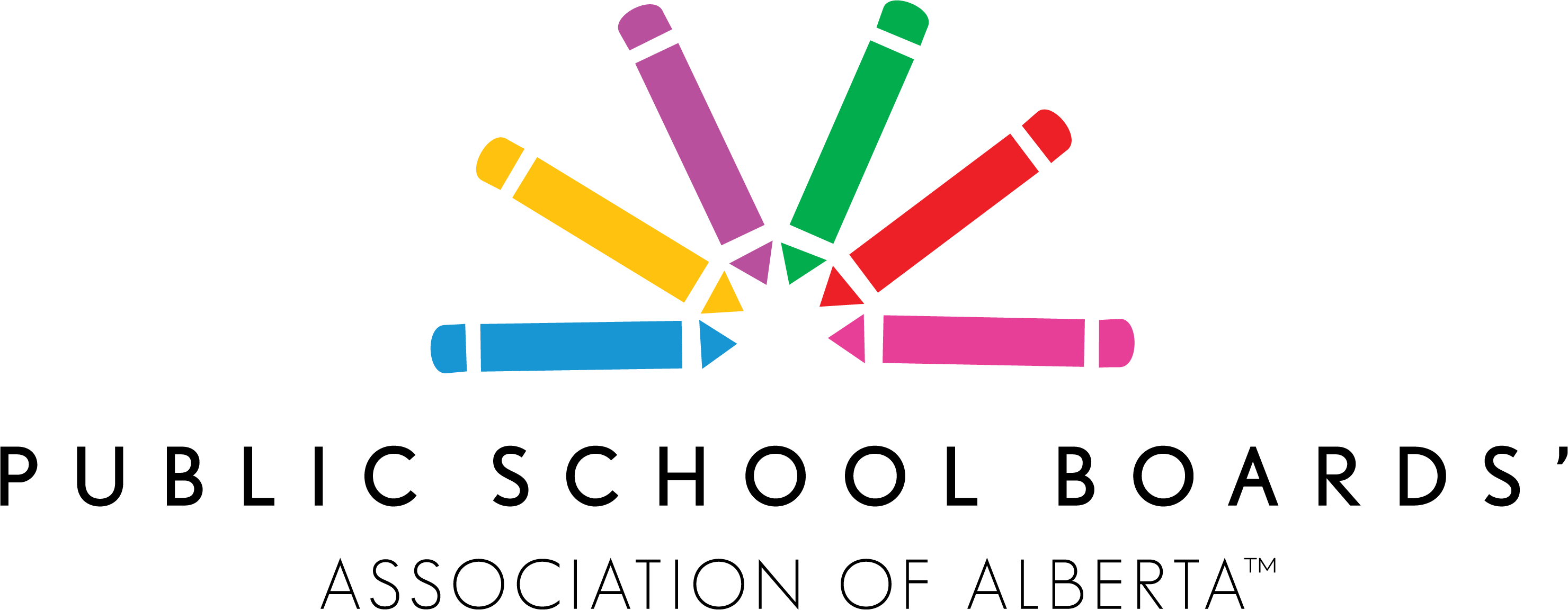January 13, 2023
Gearing up for a great 2023!
Welcome back! I hope you had a wonderful holiday break and are rested and refreshed for an exciting year ahead.
Already, 2023 is shaping up to be an exciting year. In addition to the provincial election that is planned for the end of May, your Association has several key priority areas for advocacy throughout the year, including mental health, funding, transportation, and coordinating community and other resources.
A high priority for trustees is addressing pandemic-related learning gaps. Our goal is that all students have the resources they need to succeed and flourish. We are grateful to work with so many committed trustees, school and community colleagues, and partners for the benefit of the students in our jurisdictions.
Every trustee I know is equally passionate about serving their communities and the students in their schools, which is why advocacy is always so important. There are always more needs in a community than there is funding to meet those needs. In their book, The Governance Core, Fullan and Campbell argue that “More than ever we need effective core governance at the local level led by trustees and superintendents who will not only work jointly with each other but will also form powerful partnerships with their schools and communities.”
Public school board trustees bring an important perspective to their decision-making because they live and often work in the communities they represent. Each community has different needs and priorities. As Troy and I travel around the province, meeting with individual boards, in their own board rooms, we are reminded of that very notion. Each board and each trustee brings a perspective to the table that needs to be both heard and validated. A larger school jurisdiction may have greater demand for more specialty programming because of the number of students who are interested. A rural school jurisdiction may have significant student transportation challenges, with long bus rides and low enrollment in some of its schools.
No matter the community or its needs, a “one-size-fits-all” approach to K-12 education funding does not work for all. That’s why relationships are so important. It is through these connections in our local communities that we are best able present and represent the view and values of public school education. As Dave King often reminds us, ”Politics is always messy, and all education is political, so political decisions about education are always messy, even in communities that look to be quite like-minded and congenial. Political decisions about diversity and choice are always accompanied by tension.” I believe we can lessen those tensions by building relationships with each other and working together to strengthen and protect public school education.
Dennis MacNeil
PSBAA President
